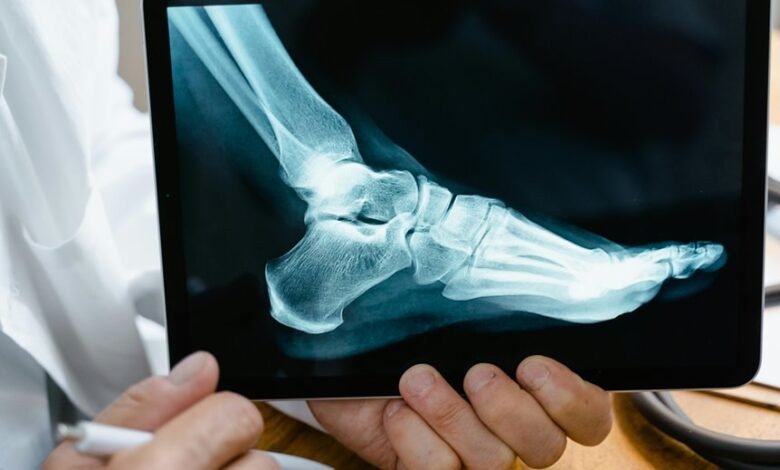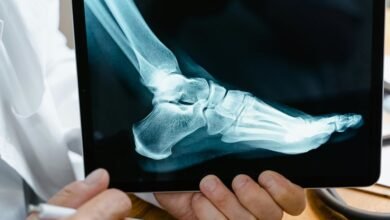7830 Short Code Emergency Calls Analysis

The analysis of 7830 short code emergency calls reveals significant trends in public engagement with emergency services. An increase in call volume indicates a growing awareness of the available resources. However, this rising utilization brings forth pressing concerns regarding response times. Delays in emergency responses can have dire consequences. Understanding these dynamics is essential for enhancing community safety and optimizing resource allocation. What strategies can be implemented to address these critical issues?
Overview of 7830 Short Code Functionality
The 7830 short code serves as a critical tool for emergency communications, enabling swift access to essential services.
This functionality empowers individuals to report emergencies efficiently, thereby enhancing community safety. By standardizing the process, the short code fosters a sense of security and immediacy.
Ultimately, it reflects a commitment to freedom and responsiveness in crisis situations, ensuring that help is just a message away.
Analysis of Emergency Call Trends
Recent data indicates a notable increase in the utilization of the 7830 short code for emergency calls, reflecting shifting patterns in public behavior and access to emergency services.
This trend highlights a growing public awareness of available resources, suggesting that individuals are more proactive in seeking assistance.
Analyzing emergency call patterns reveals a heightened engagement with emergency systems, underscoring the importance of accessible communication channels.
Response Times and Their Implications
While an increase in the use of the 7830 short code for emergency calls suggests greater public engagement with emergency services, response times associated with these calls warrant careful examination.
Response efficiency is crucial; delays may compromise outcomes. Furthermore, effective call prioritization can enhance resource allocation, ensuring that urgent needs are met swiftly.
Ultimately, this reflects a society that values timely emergency assistance and individual safety.
Recommendations for Improving Emergency Response
Improving emergency response requires a multifaceted approach that addresses both systemic inefficiencies and technological advancements.
Effective community outreach initiatives can enhance public awareness and encourage timely reporting of emergencies.
Additionally, technology integration, such as advanced communication platforms and data analytics, can optimize response coordination.
Conclusion
In conclusion, the analysis of 7830 short code emergency calls reveals a burgeoning public engagement with emergency services, akin to a rising tide that lifts all boats. However, the critical examination of response times is essential, as delays may thwart the positive impact of increased reporting. To foster a safer community, it is imperative to implement strategies that streamline communication and optimize resource allocation, ensuring that timely assistance is not just an aspiration, but a tangible reality.




